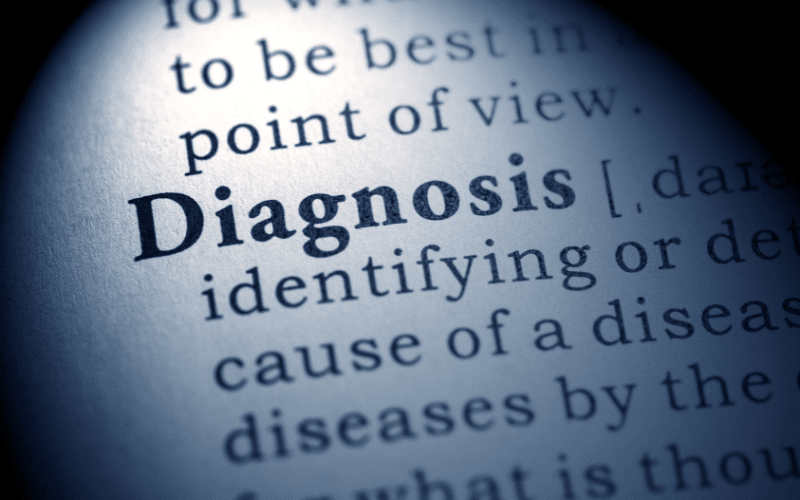Fact 4: Diagnosis of Alcohol-Related Dementia

Diagnosing alcohol-related dementia can be a complex process. Since ARD shares symptoms with other forms of dementia, a thorough medical history, physical examination, and cognitive tests are required to confirm the diagnosis.
There are no specific tests to definitively diagnose ARD. However, health professionals rely on a combination of techniques to reach a diagnosis. These might include neuropsychological tests to evaluate cognitive functions, brain imaging studies such as CT or MRI scans to detect changes in brain structure, and routine blood tests to identify other possible causes of dementia.
A critical part of the diagnostic process is obtaining a detailed history of the patient’s alcohol consumption. This involves quantifying the amount and duration of alcohol intake and identifying any periods of heavy drinking or alcohol withdrawal. It’s crucial for patients to be honest about their alcohol use, as this information can significantly influence diagnosis and treatment plans.
Due to the shared symptoms with other types of dementia, ARD is often misdiagnosed or undiagnosed. Moreover, the stigma associated with alcohol misuse can sometimes lead to reluctance in seeking medical help or providing an accurate drinking history, further complicating the diagnosis. (4)